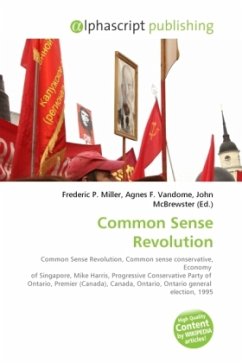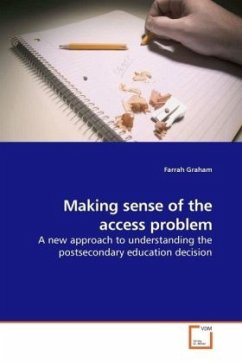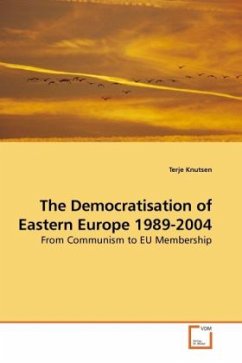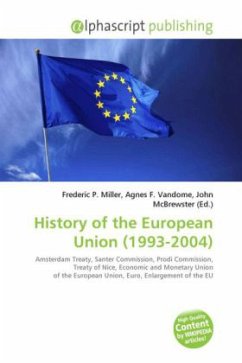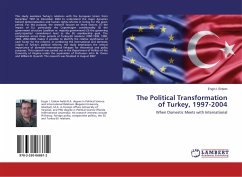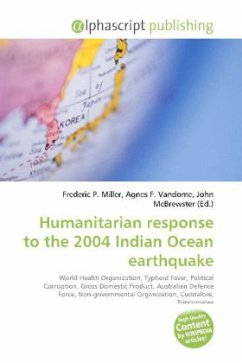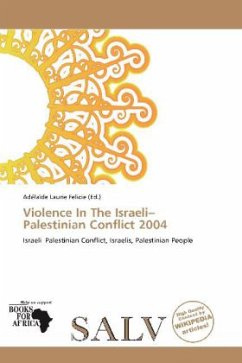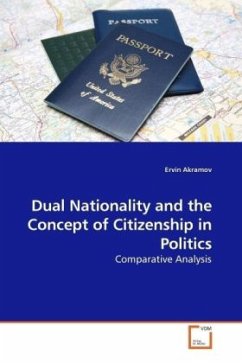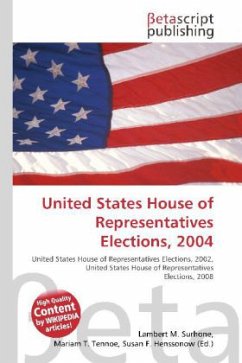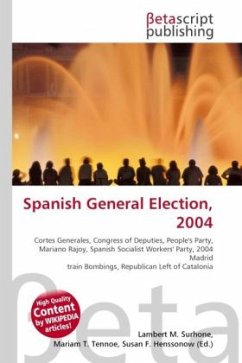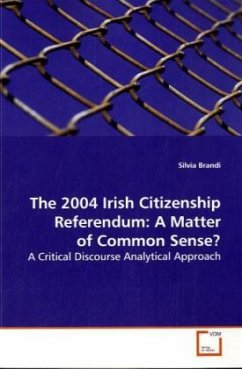
The 2004 Irish Citizenship Referendum: A Matter of Common Sense?
A Critical Discourse Analytical Approach
Versandkostenfrei!
Versandfertig in 6-10 Tagen
39,99 €
inkl. MwSt.

PAYBACK Punkte
20 °P sammeln!
In recent years, as globalisation has extended its reach, a tendency towards closure against Third World immigrants has emerged in First World countries. The expression Fortress Europe metaphorically captures this phenomenon. Accordingly, many European countries have pursued restrictive measures in the field of immigration policy combined with a reformulation of citizenship and nationality law. The 2004 Irish Citizenship Referendum is in line with this trend. This research critically considers this event from a discursive perspective. It explores the Irish government s ideological construction...
In recent years, as globalisation has extended its
reach, a tendency towards closure against Third
World immigrants has emerged in First World
countries. The expression Fortress Europe
metaphorically captures this phenomenon.
Accordingly, many European countries have pursued
restrictive measures in the field of immigration
policy combined with a reformulation of citizenship
and nationality law. The 2004 Irish Citizenship
Referendum is in line with this trend. This research
critically considers this event from a discursive
perspective. It explores the Irish government s
ideological construction of the problem by looking
into its propaganda discourses for the yes vote,
thanks to the insights offered by the Critical
Discourse Analytical paradigm. More generally,
this book stresses the importance of the
contribution of language to the production,
maintenance and change of social relations of power.
The analysis carried out in this publication should
be particularly relevant not only for students in
the Social Sciences field, but also for media
professionals, politicians and the public in
general.
reach, a tendency towards closure against Third
World immigrants has emerged in First World
countries. The expression Fortress Europe
metaphorically captures this phenomenon.
Accordingly, many European countries have pursued
restrictive measures in the field of immigration
policy combined with a reformulation of citizenship
and nationality law. The 2004 Irish Citizenship
Referendum is in line with this trend. This research
critically considers this event from a discursive
perspective. It explores the Irish government s
ideological construction of the problem by looking
into its propaganda discourses for the yes vote,
thanks to the insights offered by the Critical
Discourse Analytical paradigm. More generally,
this book stresses the importance of the
contribution of language to the production,
maintenance and change of social relations of power.
The analysis carried out in this publication should
be particularly relevant not only for students in
the Social Sciences field, but also for media
professionals, politicians and the public in
general.



